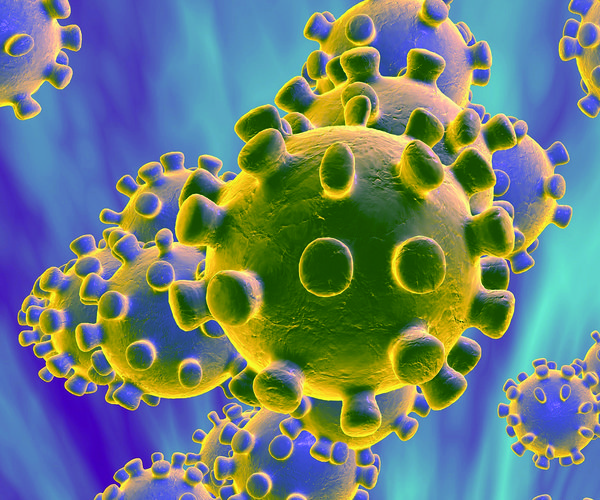By MARTIN CRUTSINGER, MIKE CORDER, ANGELA CHARLTON Associated Press
The coronavirus is sending the U.S. economy into the biggest and fastest collapse since the Great Depression, with output reported shrinking at an alarming rate Wednesday and the number of Americans thrown out of work estimated at nearly 30 million.
Science, meanwhile, provided a glimmer of hope when a biotech company announced that an experimental drug proved effective in a government study against the virus that has killed close to 220,000 people worldwide. Stocks rallied around the globe on word of what could be the first proven treatment.
Confirmed infections around the world reached more than 3.1 million, including 1 million cases and almost 60,000 deaths in the U.S., according to a tally by Johns Hopkins University. The true toll is believed to be much higher because of limited testing, differences in counting the dead and concealment by some governments.
Amid the lockdowns that have closed factories and businesses from coast to coast, the U.S. said that the gross domestic product, or economic output, shrank at an annual rate of 4.8% in the January-March period, the sharpest quarterly drop since the global meltdown of more than a decade ago.
And the worst is yet to come: The Congressional Budget Office has estimated that the GDP of the world's biggest economy will plunge at a 40% annual rate during the three-month period that ends in June.
Claims for unemployment benefits in the U.S. are set to be released Thursday, with economists estimating perhaps 1 in 6 American workers have been thrown out of a job over the past six weeks.
The U.S. unemployment rate for April will come out at the end of next week, and economists have forecast that it could range as high as 20% — a level not seen since the Depression.
Economic damage continued to pile up elsewhere around the world.
Globally, the United Nations' main labor body raised its prediction of full-time-equivalent job losses in the second quarter to an estimated 305 million.
It also projected that 1.6 billion workers in the "informal economy," including those working without proper contracts or oversight by government regulation, "stand in immediate danger of having their livelihoods destroyed." That is nearly half the global workforce of 3.3 billion people.
In Paris, aircraft maker Airbus reported a first-quarter loss of 481 million euros ($515 million), laid off t housands of workers and sought billions in loans to pull through the crisis.
Ratings agency Fitch cut Italy's government debt rating in the first downgrade of a major economy. The country was lowered one notch to BBB-, just one level above junk bond status. It expects the outbreak to shrink the Italian economy by 8% this year.
Germany's economy minister said the government is projecting a contraction of about 11% in GDP by the end of the quarter. But he also predicted a sharp recovery in 2021.
On Wall Street, the S&P 500 surged 2.3% in morning trading, and stocks in Europe also jumped, after biotech company Gilead Sciences reported that remdesivir works. It gave no immediate details.
Still, many health experts believe the key to ending the crisis will be a vaccine, and developing one could take a year or more.
With the crisis easing in places like Italy, France and Spain, European governments are turning their attention to rethinking public transportation to get their economies up and running again without setting off a second wave of infections.
Solutions include putting red stickers on the floor to tell bus passengers in Milan how far apart to stand. The Dutch are putting on longer, roomier trains. Berlin and many other cities are opening up more lanes to bicyclists. And in Britain, bus passengers are using the middle or rear doors to reduce the risk to the driver.
With South Koreans about to celebrate their longest holiday since infections there surged in February, authorities urged people to think twice about traveling and to continue to wear masks, not share food and stay home if they are feeling sick.
"We must not let a moment of carelessness trigger mass transmissions that would make the efforts we invested so far vanish like bubbles of water," Vice Health Minister Kim Gang-lip said.
In China, where the virus first emerged late last year, the government announced that its ceremonial parliament will be held late next month after its original meeting was postponed. The convening of the full session will involve 3,000 members.
In Japan, officials asked people not to travel during the country's upcoming Golden Week holiday.





